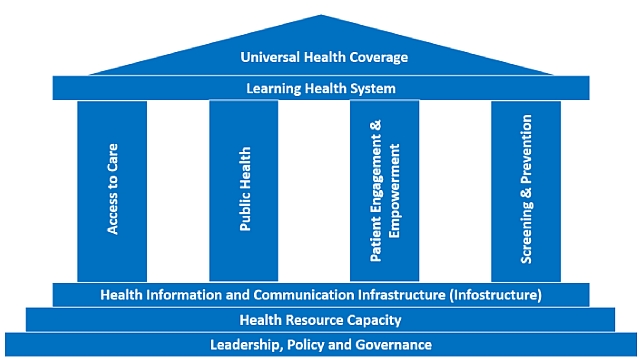
What makes a good life? Lessons from the longest study on happiness
What makes people have a happy and long life? Is it fame and fortune? Apparently not. The Harvard Study of Adult Development, one of the longest-running longitudinal studies in the world, finds that it’s social connections that matter most.
For 75 years, the study has tracked the lives of 724 men across two groups. The first group are Harvard College students that finished college during World War II, most of whom then served in the war. The second group are from Boston’s poorest neighborhoods, and were chosen specifically because they were from some of the most troubled and disadvantaged families in the city in the 1930s.
In a recent presentation at TEDxBeaconStreet, current director of the study Robert Waldinger reported that:
The clearest message that we get from this 75-year study is this: Good relationships keep us happier and healthier. Period.
We’ve learned three big lessons about relationships. The first is that social connections are really good for us, and that loneliness kills. It turns out that people who are more socially connected to family, to friends, to community, are happier, they’re physically healthier, and they live longer than people who are less well connected. And the experience of loneliness turns out to be toxic.
Waldinger alerts that it’s not the number of social connections that’s important, but the quality of the relationships. Attitude appears to be a factor. Recent research associated with the study “utilized neural imaging to find that older adults with positive outlooks process emotional information differently from those with more negative views.”
Also published on Medium.






